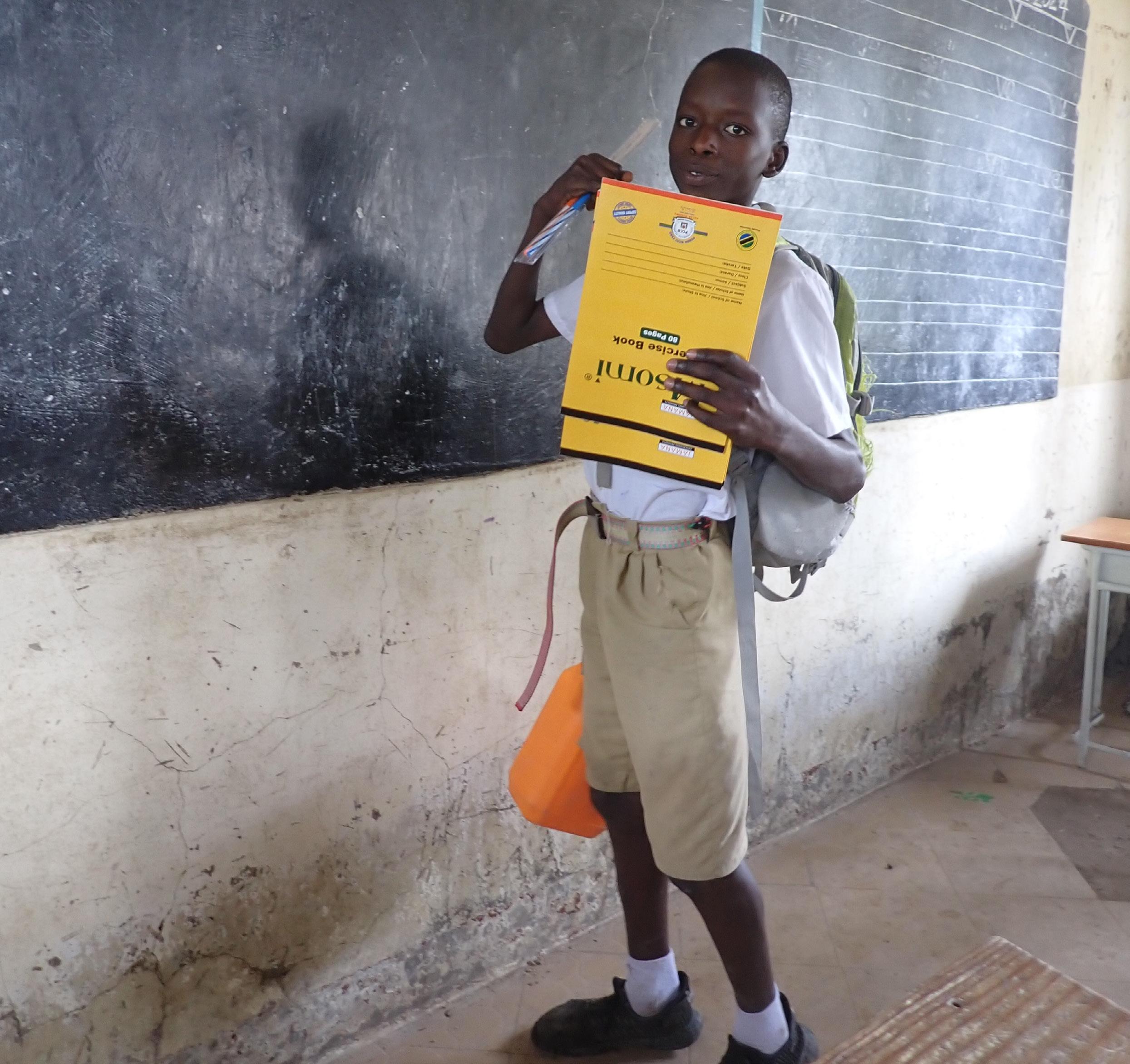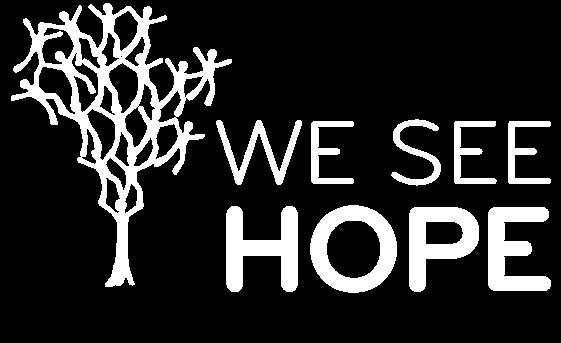NEWSLETTER SUMMER 2024
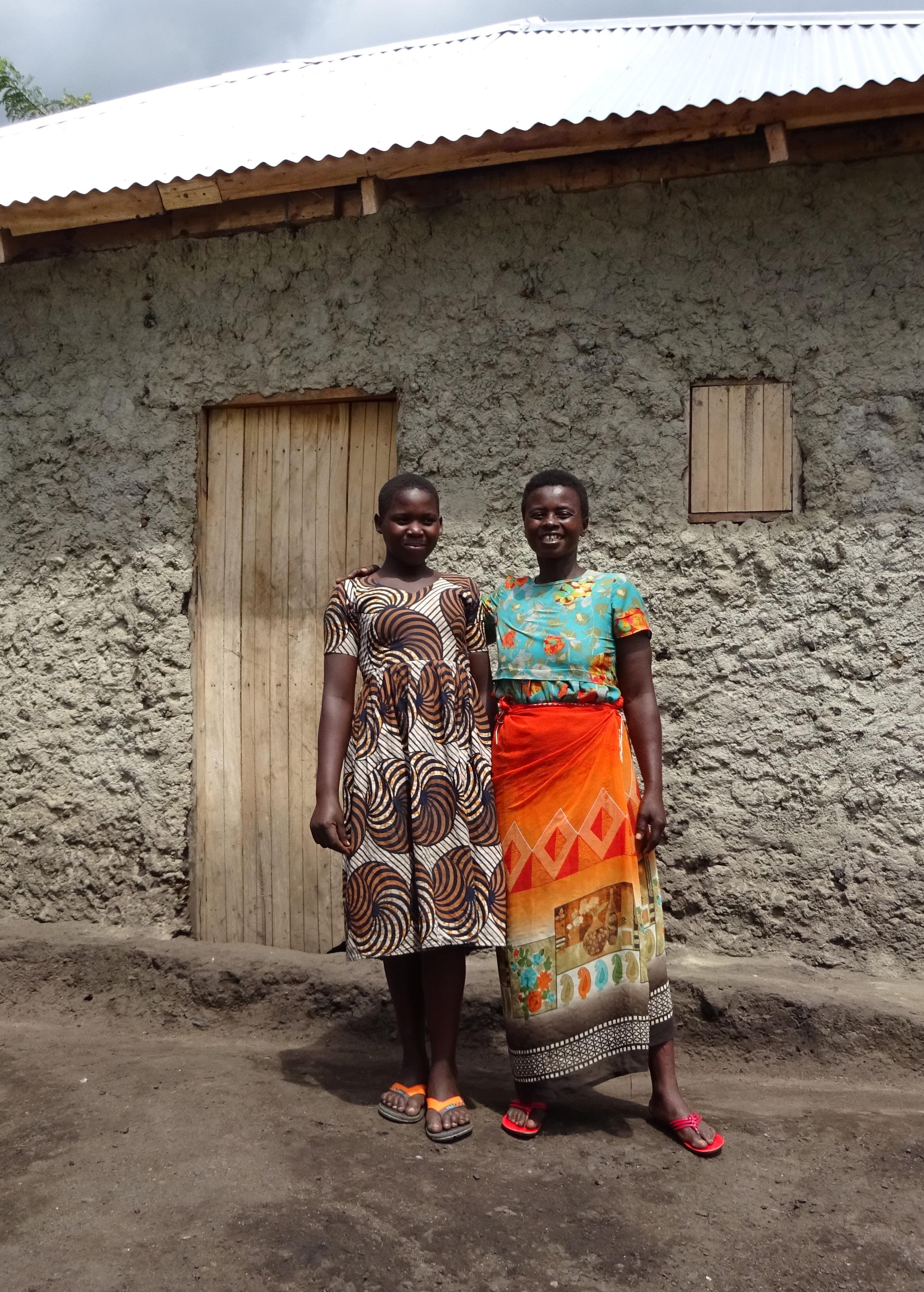
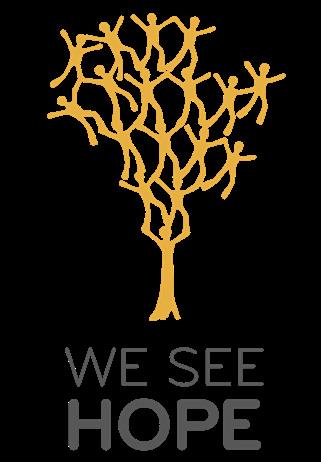



Find out more about our Programs Team and their recent visits to our partners and the communities we are working with across East Africa.
Back in March, Lizzie and Keidra, our Head of Programs and Strategy and Programs Manager, travelled to Malawi to visit our partners MPC Nkhoma, who they are pictured with on the right, and MPC Blantyre.
Reflecting on their trip, Keidra said:
“Even though I work with our partners on a day-to-day basis, it was incredible to finally meet with the teams face-toface, to share stories, and learn more about how we can continue to build genuine value-adding partnerships together.”
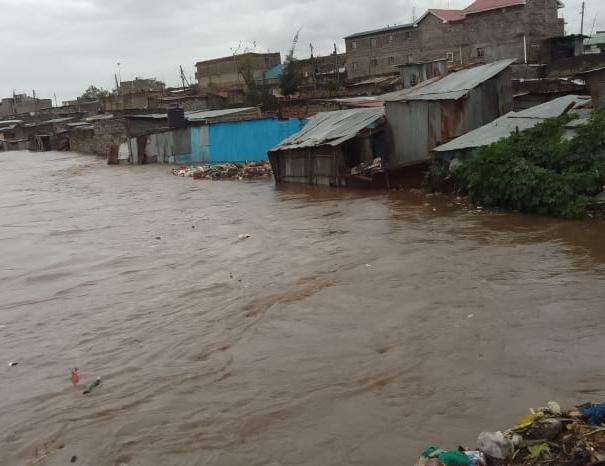
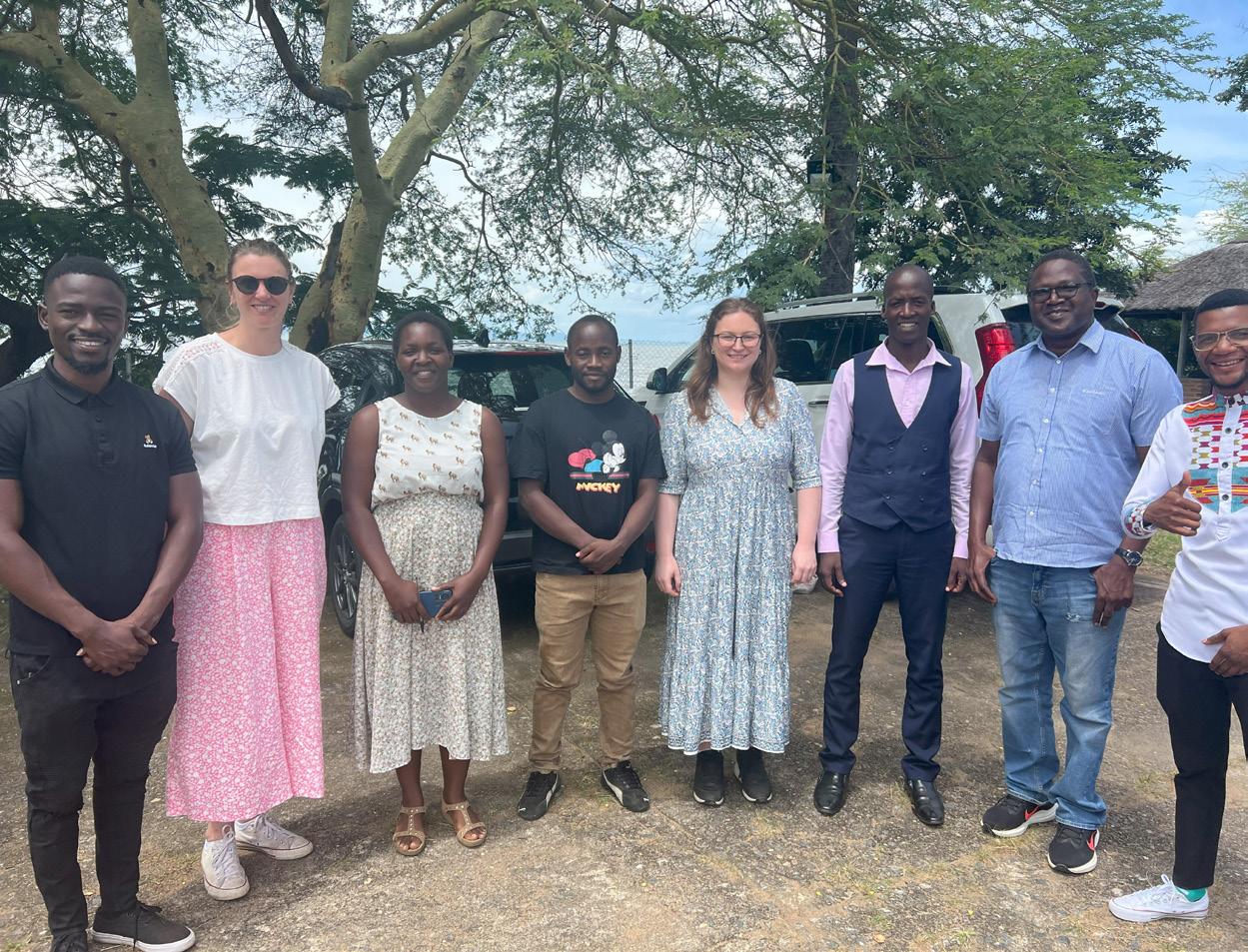
Earlier this year, the wet season in Kenya brought some of the heaviest rainfall the country has seen in recent years, with flooding and landslides causing widespread devastation. Thankfully it has now calmed and Shadrack, our Kenya Country Manager, has been supporting our partners as all program activities have resumed.
He has been closely monitoring the progress of members of one of the Street Associations we support with our partner Undugu in Nairobi, who reported disruption to their joint enterprize as a result of the floods. The Associations are groups of teenagers who are living on the streets who work together to start a business so they can earn a safe and sustainable income.
In April, Sheila and Oswald, our Uganda Country Manager and Africa Director, travelled across Uganda to check in with each of our six partners. Spending three weeks on the road, they went from Mbale in the east, to Pader in the north, eventually reaching Ntoroko in the west to meet with the RIDE team, who Sheila is pictured with on the right.
A highlight from their time with RIDE was meeting several Child Rights Clubs in local primary schools. At the clubs, children learn about their rights and become champions on important issues in their communities, such as the right to an education. In the past year, 15 clubs brought a total of 270 children back to school as a result!
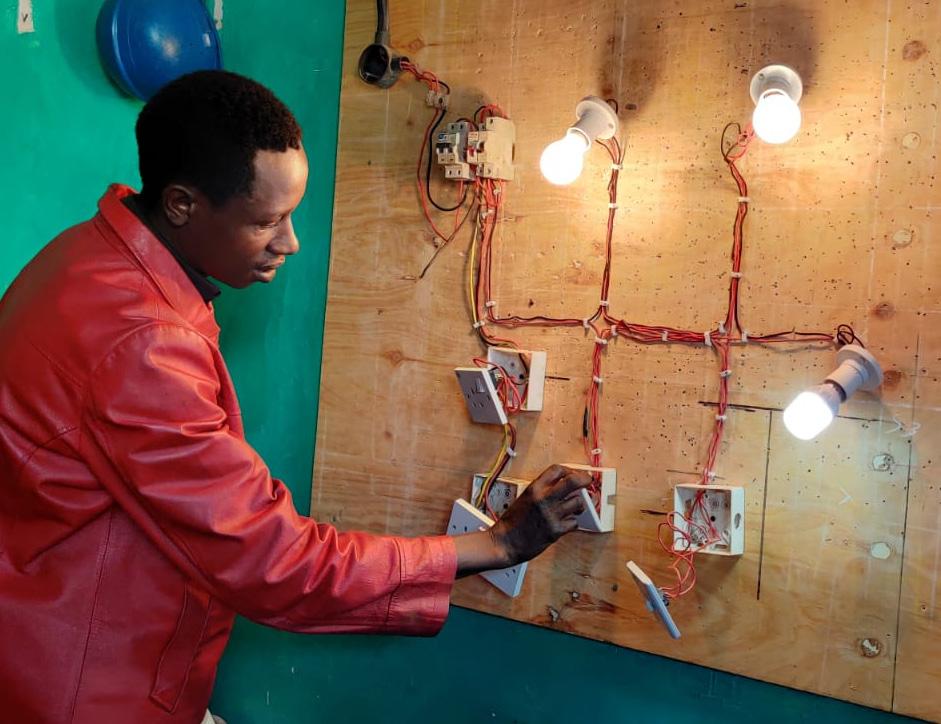
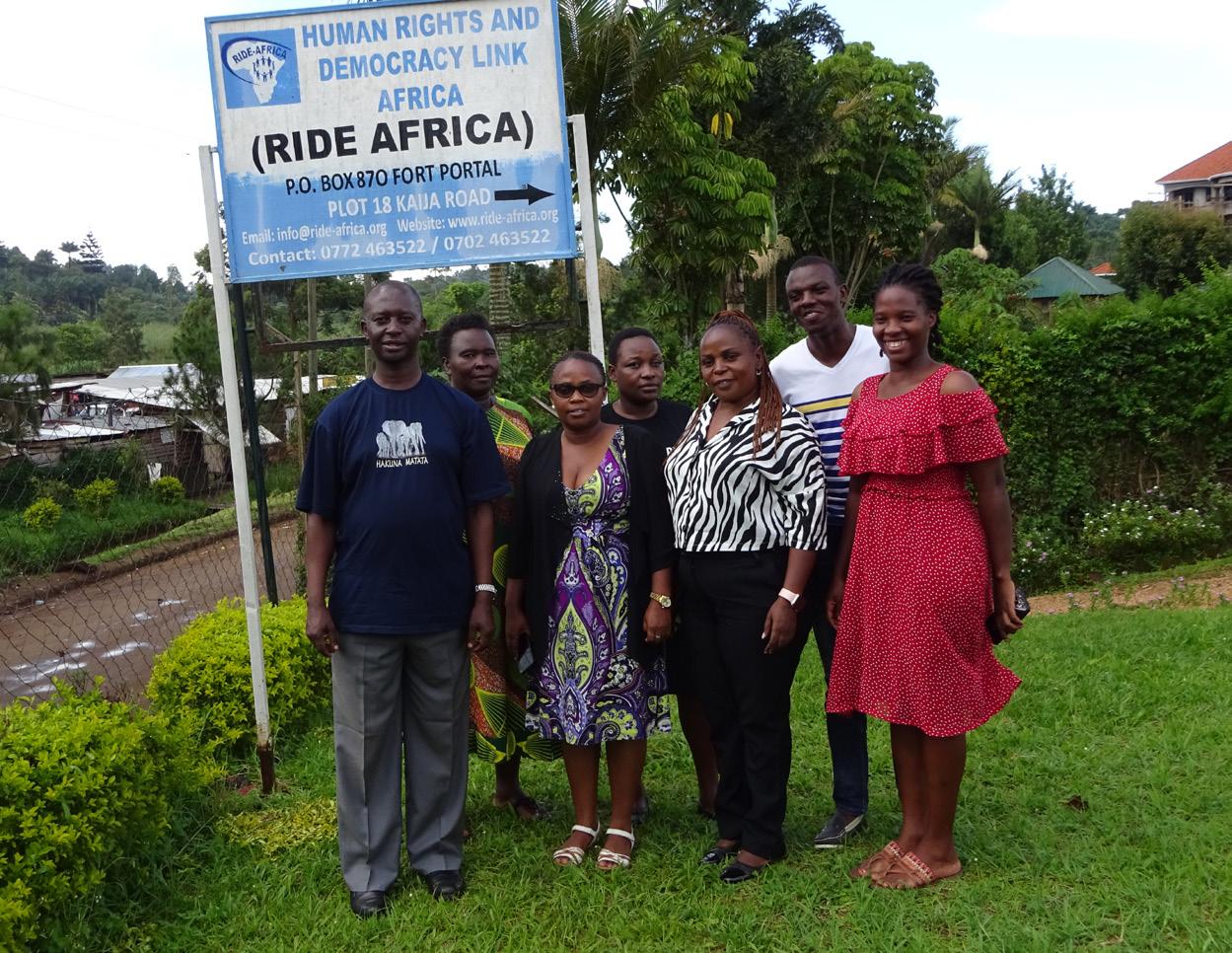
With the weather now settled in Kenya, Shadrack was able to travel to Nakuru in June to meet with CDN, our partner in the Rift Valley region. Since 2016, we have been working with CDN to provide a range of support to extremely vulnerable young people who are living on the streets.
During his trip, Shadrack met some of the older children currently taking on training courses and business workshops through our Vocational Training Program. He was particularly impressed by Joseph, pictured on the left, who has recently started an internship with an electrician in his community and gave a demonstration of his skills in electrical installation and circuit building.
Here’s a snapshot of some of the incredible work you have made possible over the past few months.
In April 2023, the Zalera Pre-School opened its doors for the first time, meaning that it has now been providing crucial early learning opportunities to young children in southern Malawi for over a year. With five trained teachers, the pre-school has been attended by 150 students so far.
Outside of school hours, the building has become a multi-purpose hub at the heart of the community and provides a space for both Kids’ Clubs and community banking groups training with our Village Investors Program to meet.
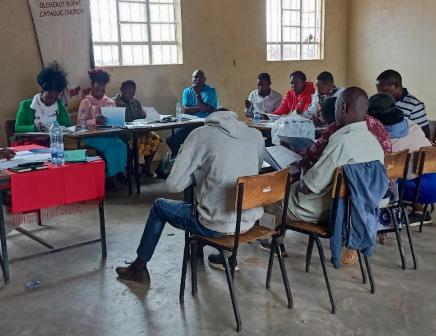

IMPROVING COUNSELING SUPPORT IN KENYA
A key step in protecting children’s rights is ensuring young people have access to safe spaces where they can report cases of abuse. Through our Child Rights Program, we support teachers in primary schools to train in essential counseling skills so they can support the complex needs of vulnerable children who ask them for help.
Pictured on the left is a recent training session delivered by our partner ANPPCAN Kenya for 16 teachers from eight schools in Loitokitok, a rural region in the south of the country. Having now completed their training, the teachers will be able to provide effective support to around 3,200 children across the schools.
A small business and reliable income can provide vital security for children living without a parent or guardian. In April, 20 young people completed their first year of training through our Child Headed Households Program in western Uganda with our partner RIDE. Across the year, they took part in several business skills workshops with their guardians who have been introduced to them through the program.
Starting businesses ranging from sourcing and selling fish and chickens to cocoa and coffee, the households have generated over 17,500,000 Ugandan Shillings - equivalent to $230 eachwhich is a promising start so early into their three years of training.
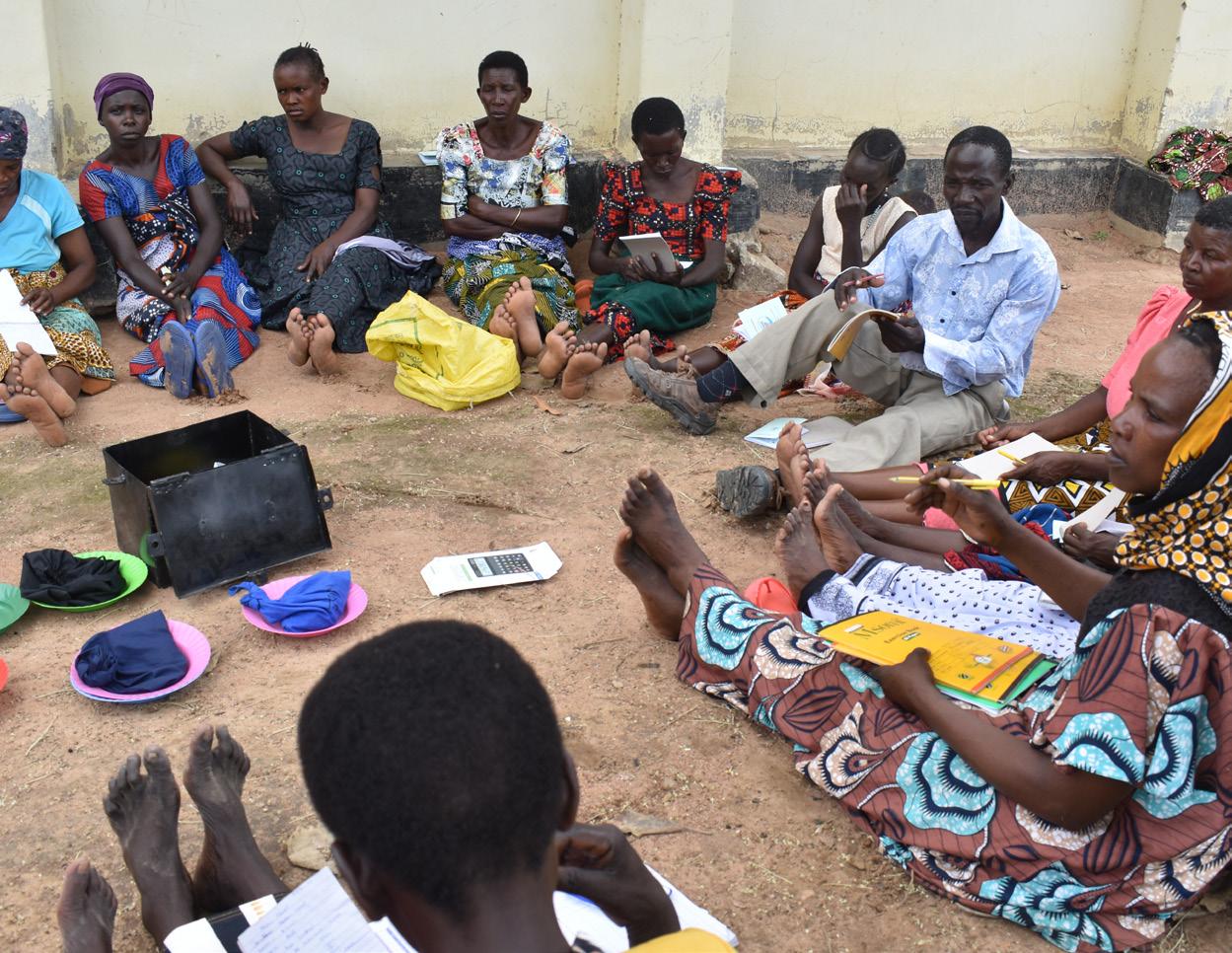
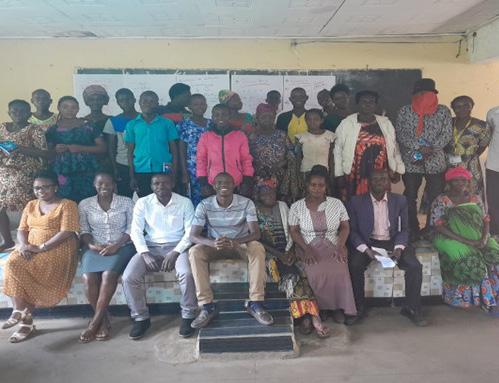
In May, our partner in Tanzania, Fanisi, updated us on the progress of four community banking groups, who have just completed their first year of training through our Village Investors Program.
One of those groups is the Muungano Group, who meet each week to deposit small amounts of money into their group savings fund. Within a year, the 30 members have collectively saved over 3,000,000 Tanzanian Shillingsequivalent to $1,100 - with all of them either starting their own business or using their savings to invest in their own food gardens. Catch up on our latest impact report to learn more!
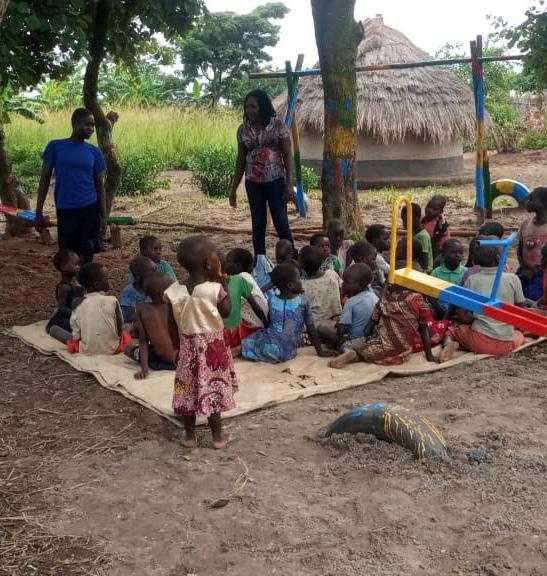
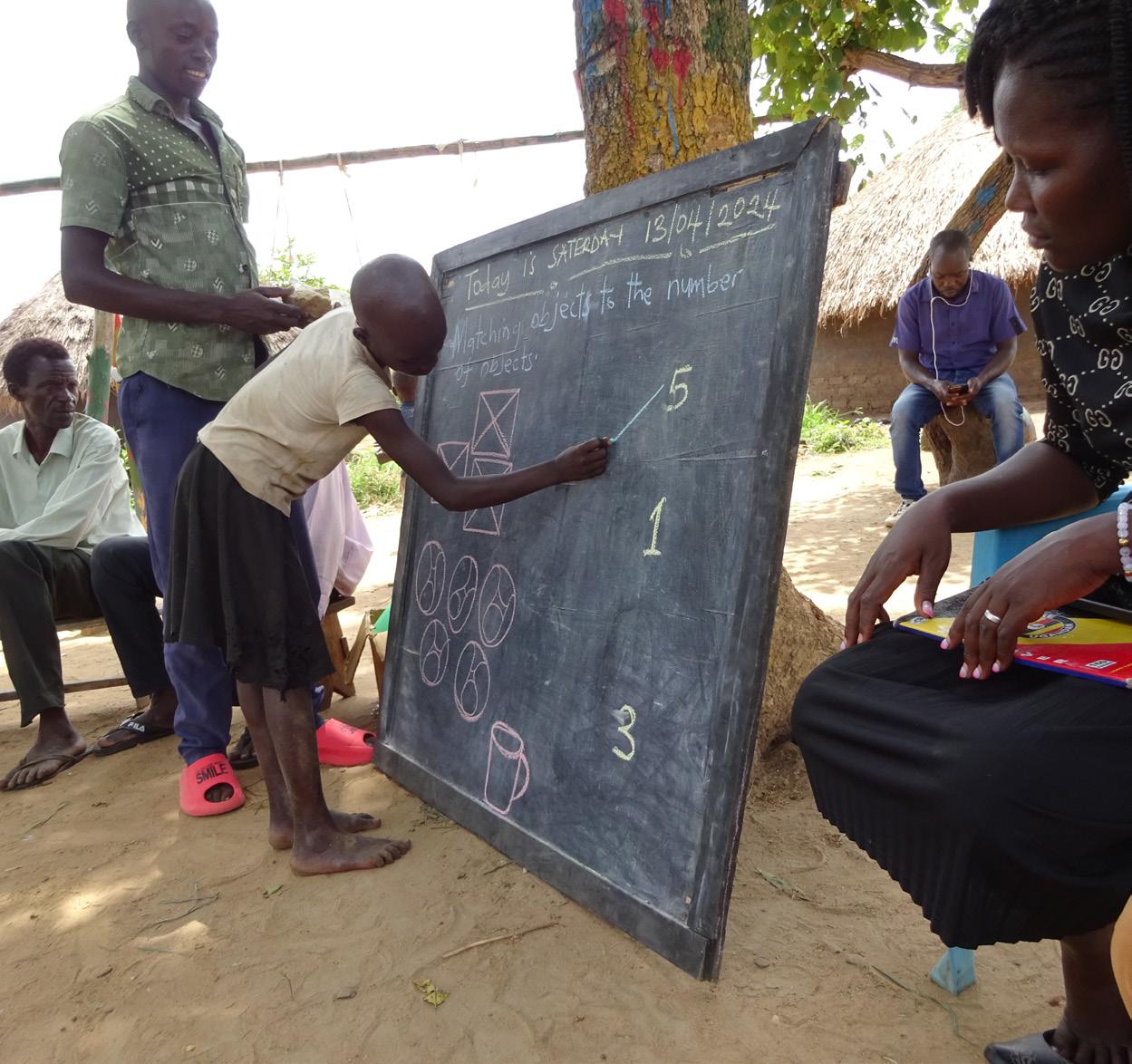
Uganda has one of the youngest populations in the world with around 78% of the country’s 47 million people below the age of thirty.
The growing number of young people poses a significant challenge for the country’s education system. Latest UNICEF data indicates that only 40% of children have access to any form of preprimary education across the country. Increasing the provision of pre-schools is crucial as demand for early learning opportunities will continue to grow.
In Omoro and Oyam, two districts in the north of Uganda, we have been working with our partner ACET (AIDS, Care, Education and Training) Gulu to create new opportunities for young people and their parents and guardians to thrive in some of the country’s most remote areas. Together, we deliver five of our community-led program, each
supporting children at different stages in their development.
Last year, recognizing the growing number of young children that were attending our Kids’ Clubs who did not have access to a pre-school education, we worked with the ACET Gulu team to launch our Pre-School Program in the region.
Within a year, two new pre-schools have been set up, four community volunteers have completed teacher training, and over 100 children across both schools have been able to access early learning opportunities for the first time.
The schools have also been supplied with materials to build their own play
equipment, giving the children greater opportunity to learn through play and develop vital social skills, in addition to their ABC’s and 123’s.
Whatsmore, both schools have successfully set up their own food gardens and have already harvested maize that can be ground up and used to make porridge. Maize is a nutrientdense crop and we are delighted that the children have access to a healthy meal everyday when they are at school.
We have been partnered with ACET Gulu in regions across northern Uganda since 2010. Today, we deliver our Pre-School, Kids’ Club, Vocational Training, Child Headed Households and Village Investors Programs together. This has meant that more than 11,000 vulnerable children have been able to access education, protection and economic opportunities so far.
Discussing the first year of the preschools, Sheila said: “The progress made by the pre-schools so far has been very promising. The communities are very committed to making the schools a success and have provided land for them to start food gardens and even labourers and volunteers to help as they begin constructing physical buildings for the pre-schools. This will provide an even safer environment for the children to learn in.”
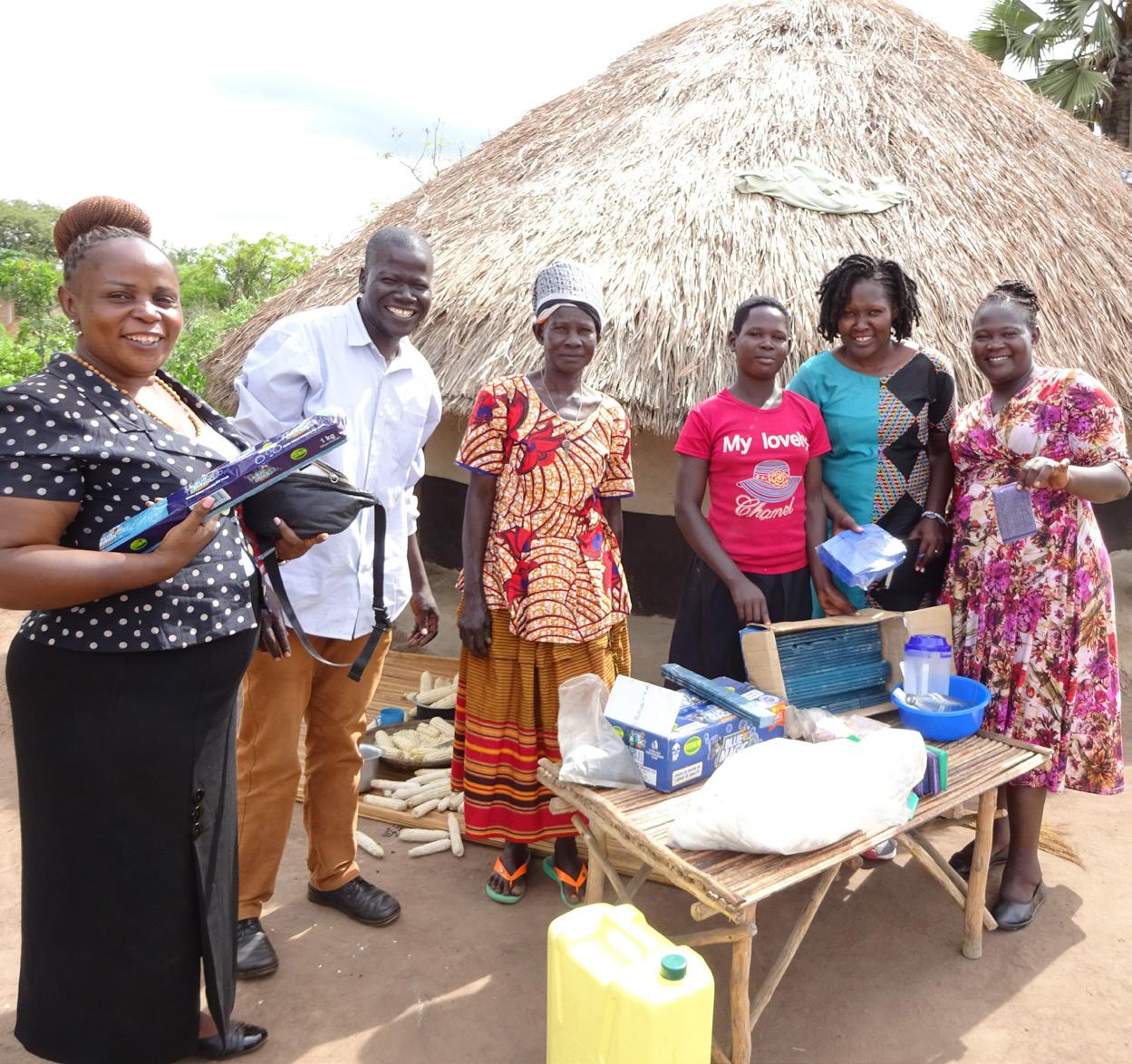
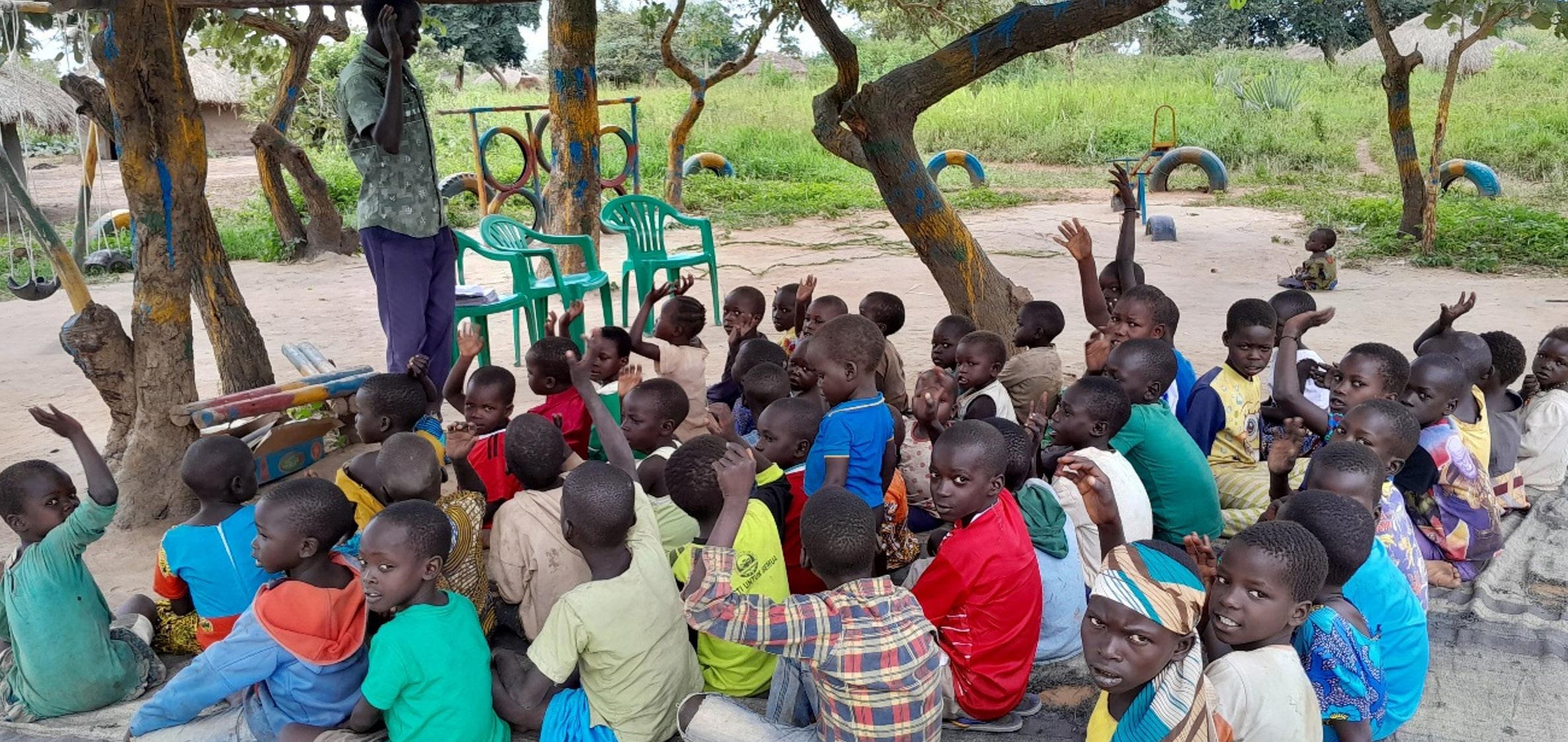
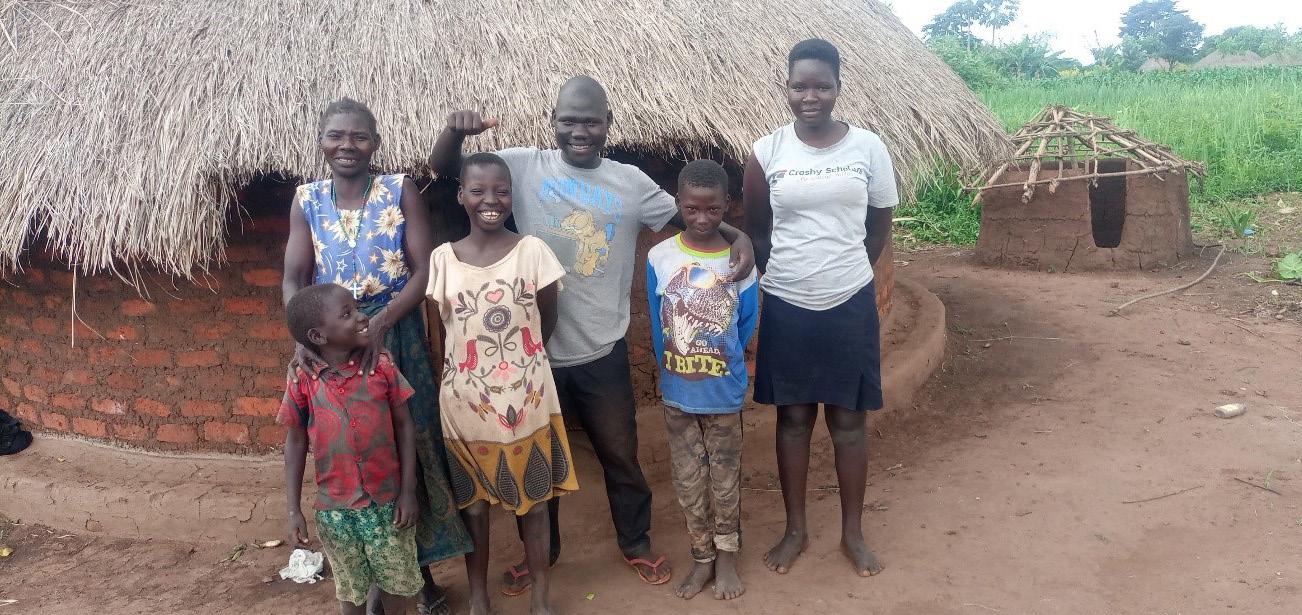
“ALL MY SIBLINGS ARE BACK IN SCHOOL”
“All my siblings are attending school and we have a safe place to live. I am very happy now and looking toward the future.”
This wasn’t always the case for Emmanuel, 18, who lives in Opit North, a rural community in northern Uganda, with his four younger siblings. Having lost both of his parents at a young age, Emmanuel had to bare the responsibility of caring and providing for himself and his family.
Latest estimates indicate that around 2.5 million children in Uganda are orphans, a figure which has risen since the pandemic. The country’s limited social protection and safety nets mean that many children who have been orphaned or abandoned cannot access the care and support that they need. No matter their age, many are forced to live on their own as a child-headed household.
When the ACET Gulu team identified Emmanuel in 2022, they were living in an unsafe rented room near a busy market.
The first step through our Child Headed Households Program was to introduce Emmanuel to Irene, a trained guardian living in his community. Guardians are extremely important; they provide invaluable mentorship and support so they can begin to process what they have been through, and create vital links for the households so they can connect to their wider community.
With our support, Emmanuel then launched his own small enterprize in order to start earning. Provided with a few basic household items, he set up a
grocery business selling items such as dry fish, rice and soap.
To add to his stock, and to boost his household’s food security, Emmanuel set up his own garden with the help of his guardian. In April, he harvested several bags of maize, beans, rice and potatoes; enough to last them many months as well as surplus that he sells for extra income.
Within just two years, Emmanuel has made incredible progress. His hard work running both his business and
food garden has meant that he and his siblings are now all eating three meals a day, and they are all back attending school after previously dropping out when they could not afford school fees.
Whatsmore, with the support of the ACET Gulu Team, Emmanuel has been able to construct his own house and move out of the room he was previously renting. This is a remarkable achievement and has been a huge boost to the family’s security and wellbeing.
$1,000
$2.15 a day international poverty line
Emmanuel’s average daily income across his second year with the program is greater than $2.15-a-day - the internationally recognized extreme poverty line. And this is just the beginning for Emmanuel as he continues to develop his business and garden!
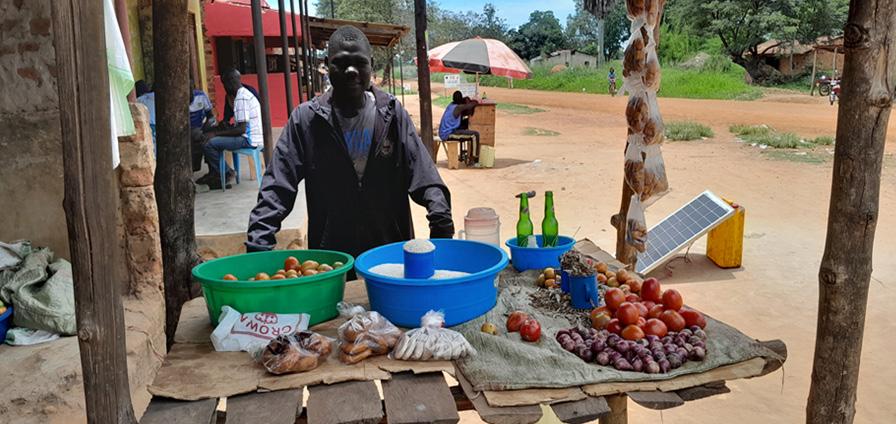
$195 IS ENOUGH FOR A CHILD HEADED HOUSEHOLD LIKE EMMANUEL TO RECEIVE THE FULL SUPPORT OF THE PROGRAM
